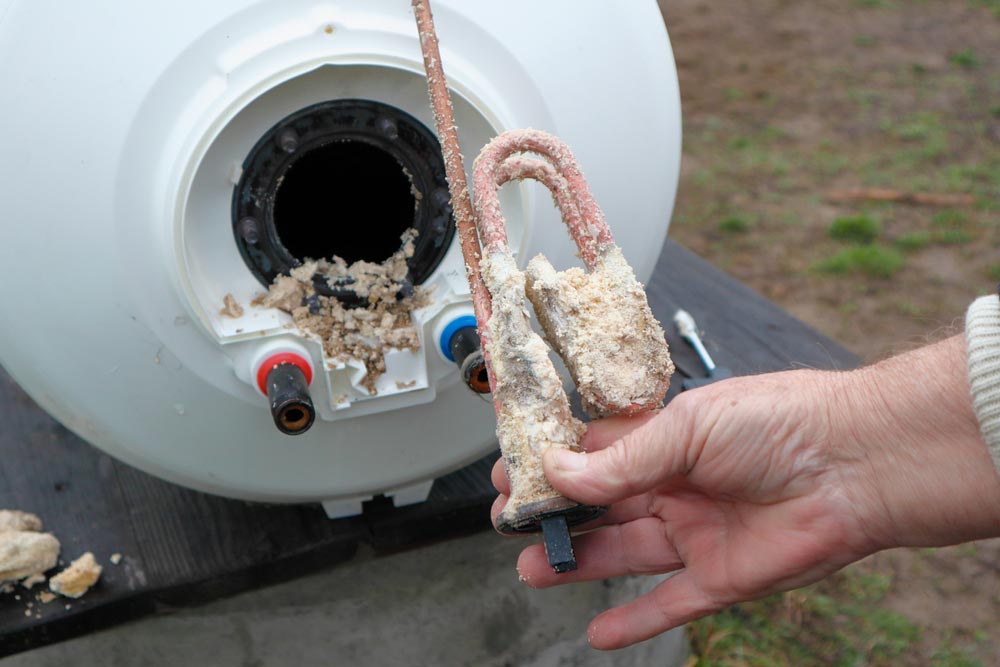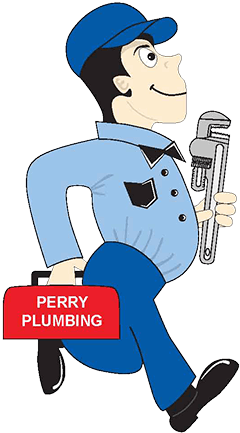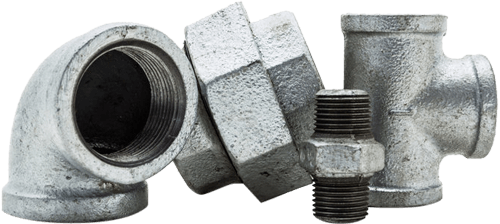
Your water heater is more than just an appliance—it’s a cornerstone of comfort in your home, providing essential hot water for daily tasks. However, over time, corrosion can threaten its efficiency and lifespan. Taking proactive steps to prevent corrosion not only protects your investment but also ensures continuous performance without unexpected interruptions or costly repairs.
With the help of a trusted plumber in Chula Vista, CA like Perry Plumbing & Pipelining here are proactive steps you can take to prevent corrosion in your water heater.
1. Regular Maintenance
Regular maintenance by a reputable plumbing company is key to keeping your water heater in top condition. During these inspections, the tank is flushed to remove sediment buildup. Sediment, mainly composed of minerals like calcium and magnesium, settles at the bottom of the tank over time. If not removed, this sediment can create hot spots within the tank, accelerating corrosion. Flushing the tank annually helps prevent sediment buildup and thus reduces the risk of corrosion.
2. Anode Rod Inspection
Inside your water heater tank, there’s a sacrificial anode rod made of aluminum, magnesium, or zinc. This rod attracts corrosive elements in the water, sacrificing itself to protect the steel tank from rusting. Over time, the anode rod will corrode completely and need replacement. Regular plumbing maintenance includes checking the anode rod; refer to your manufacturer’s recommendations for how often to inspect and replace it.
Typically, it’s recommended to inspect it annually and replace it every 3-5 years, depending on water quality and usage.
3. Use a Water Softener
High levels of dissolved minerals like calcium and magnesium in water can lead to mineral buildup inside your water heater. This buildup, known as scaling, not only reduces the heater’s efficiency but also promotes corrosion by creating an environment where rust can form. Installing a water softener can help reduce these minerals from your water supply, thereby minimizing scaling and reducing the likelihood of corrosion that would require extensive plumbing repairs.
4. Temperature Control
Water heaters are typically set to around 120 degrees to balance safety with efficiency and to avoid emergency plumbing issues. Higher temperatures can accelerate the chemical reactions that lead to corrosion inside the tank. Moreover, excessively high temperatures can also increase energy consumption and pose a scalding risk. Keeping the temperature within recommended limits not only protects your water heater but also enhances safety and energy efficiency.5
5. Quality Installation
Your water heater is installed according to manufacturer specifications and local building codes. This includes proper insulation around pipes and connections to minimize exposure to external elements that could contribute to corrosion.
Take action today to safeguard your water heater and enjoy uninterrupted comfort. Contact us to schedule an appointment.

Contact Our Trusted Team Today
Home and business owners can trust Perry Plumbing and Pipelining to deliver A+ service each and every time. Contact a plumber from our highly dedicated team today to schedule your appointment!


